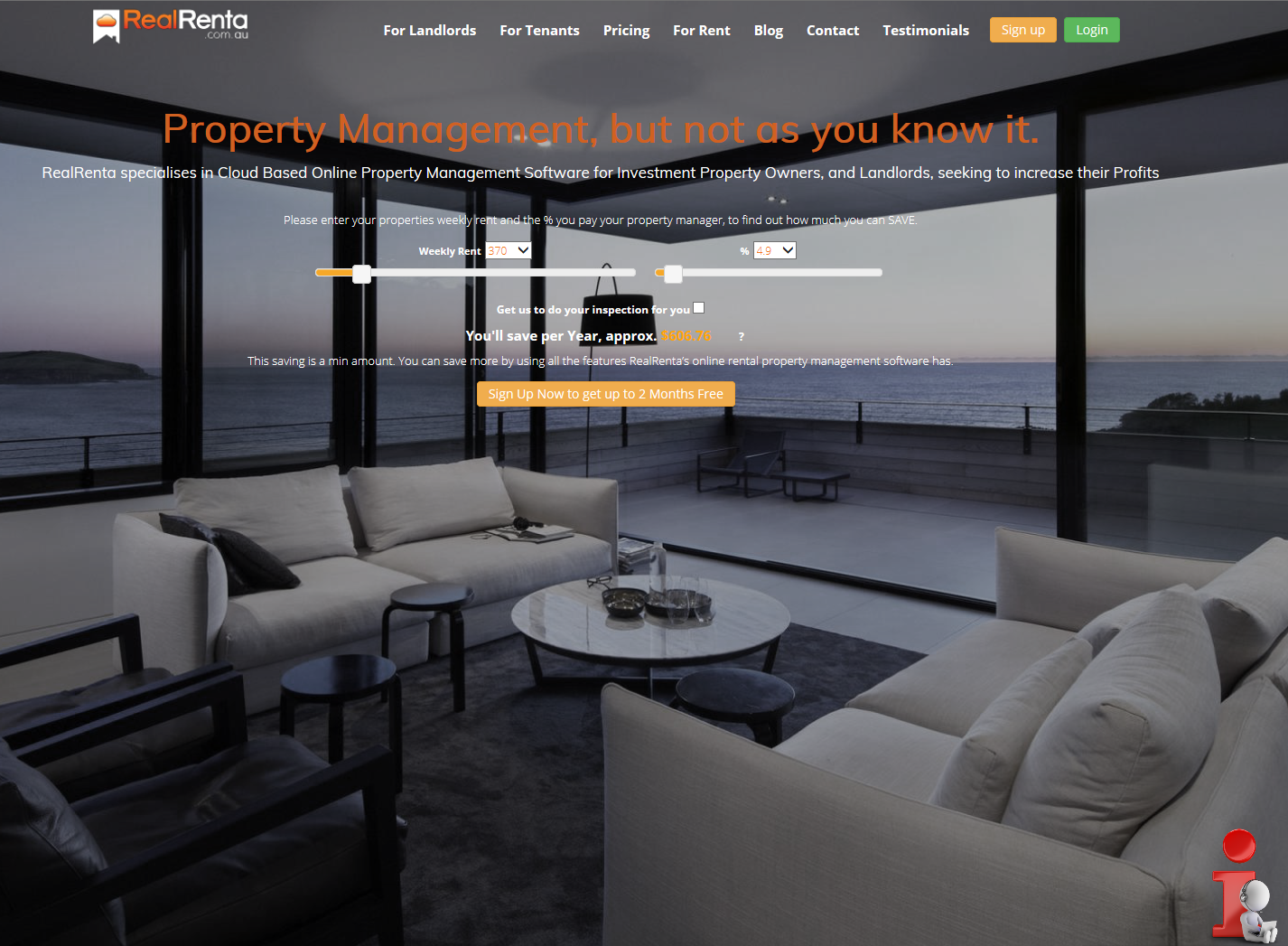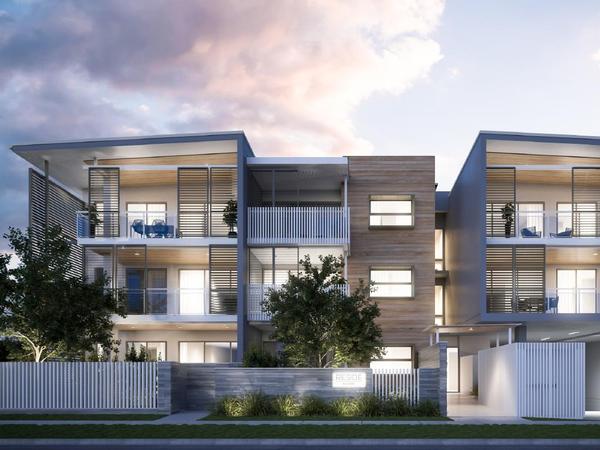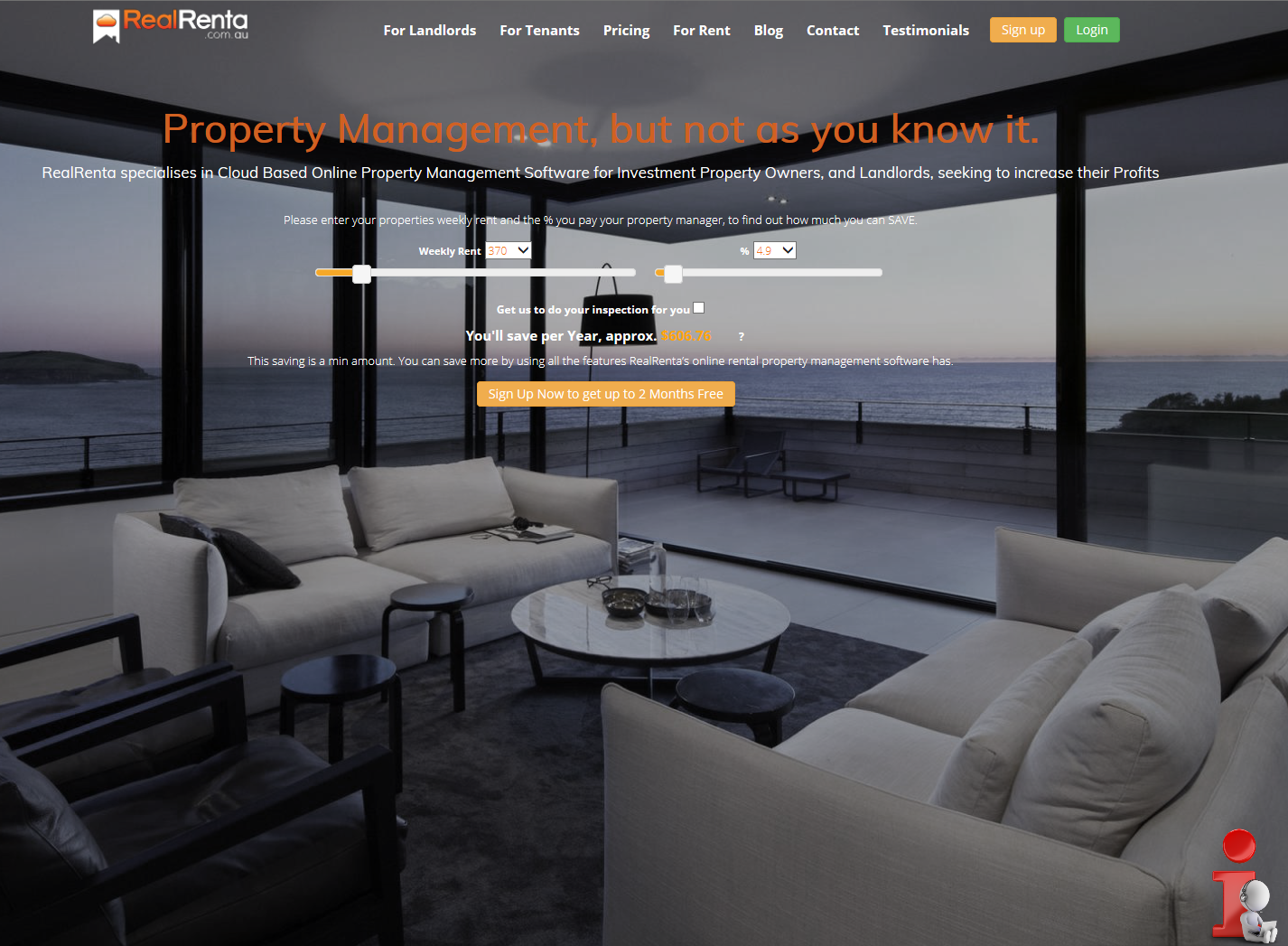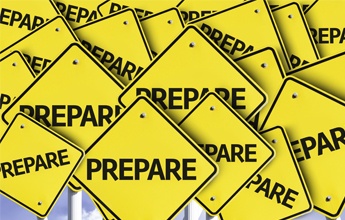
Understanding cash flow is a critical element of the investment property game.
It can be the difference between a solid long-term investment and a costly mistake. So do your research – and get good advice – before you buy.
Often investment properties generate negative cash flow. That is, you must put money in each year to cover the difference between the total cost of the property (interest repayments, rates, insurance, maintenance, etc.) and the total income (rent and tax breaks).
Investors are happy to do this because they expect a long-term profit and over time, the rental increases that accompany inflation, should mean this ‘top-up’ is no longer necessary.
Unfortunately, some investors don’t know the cash flow of their property before they buy. They don’t realise something’s wrong until their cash flow dries up and they get the bad news from their accountant.
So seek advice from your accountant before you buy, not after. Always do the numbers first.
Miscalculating cash flow
It’s easy to miscalculate cash flow. Your estimated rental income might be over-optimistic, and you might also assume full occupancy (ie. 52 weeks a year). Conversely, you might underestimate maintenance costs or insurance.
Investors who get the cash flow of their property wrong can quickly run into problems. They either have to raise additional cash to prop up their property each month (potentially putting them under great financial stress), or sell. Selling property under pressure is never ideal and these investors can lose a lot. Sadly, this is a common mistake.
Work out your cash flow
To understand the cash flow on a potential investment property, get your accountant to do the numbers for you (if they can’t, get a new accountant). The number one rule is: ‘Don’t buy a property without knowing what the cash flow is’.
Ensure your accountant has all the costs of holding the property, including rates, body corporate fees, insurance and property management fees. They can work out the interest, estimate depreciation and give you an idea of the cash flow. Have the property inspected and if possible see if you can check body corporate records, if required. This could help you find out about any big maintenance structural repairs planned.
If buying that property will put strain on your finances, then find a property with better cash flow. Also, when doing your figures, factor in possible interest rate rises and potential vacancies.
Further, if the company selling you a property provides a cash flow report, don’t take it as gospel. The figures can always be manipulated, so get your accountant to work through them.
Your key to staying safe in a sentence? Understand the cash flow before you buy.
A tip about tax
If you think that you will have a net rental loss (i.e. your deductions, including interest, depreciation and capital allowances exceed your rental income), you can improve your cash flow by applying to the Australian Tax Office (ATO) for a PAYG withholding variation. If the variation is approved, you may be able to reduce the tax taken out from each wage packet, rather than waiting till the end of the year to get a tax refund.
Reduce your property management costs by using RealRenta to automatically manage your investments.
Receive your rental income directly into your Bank account.
Use RealRenta for Free for up to 2 months now: www.realrenta.com.au
If you need advice about an investment loan, our trusted Finance Partner can assist, contact us @ propertyloans@realrenta.com













